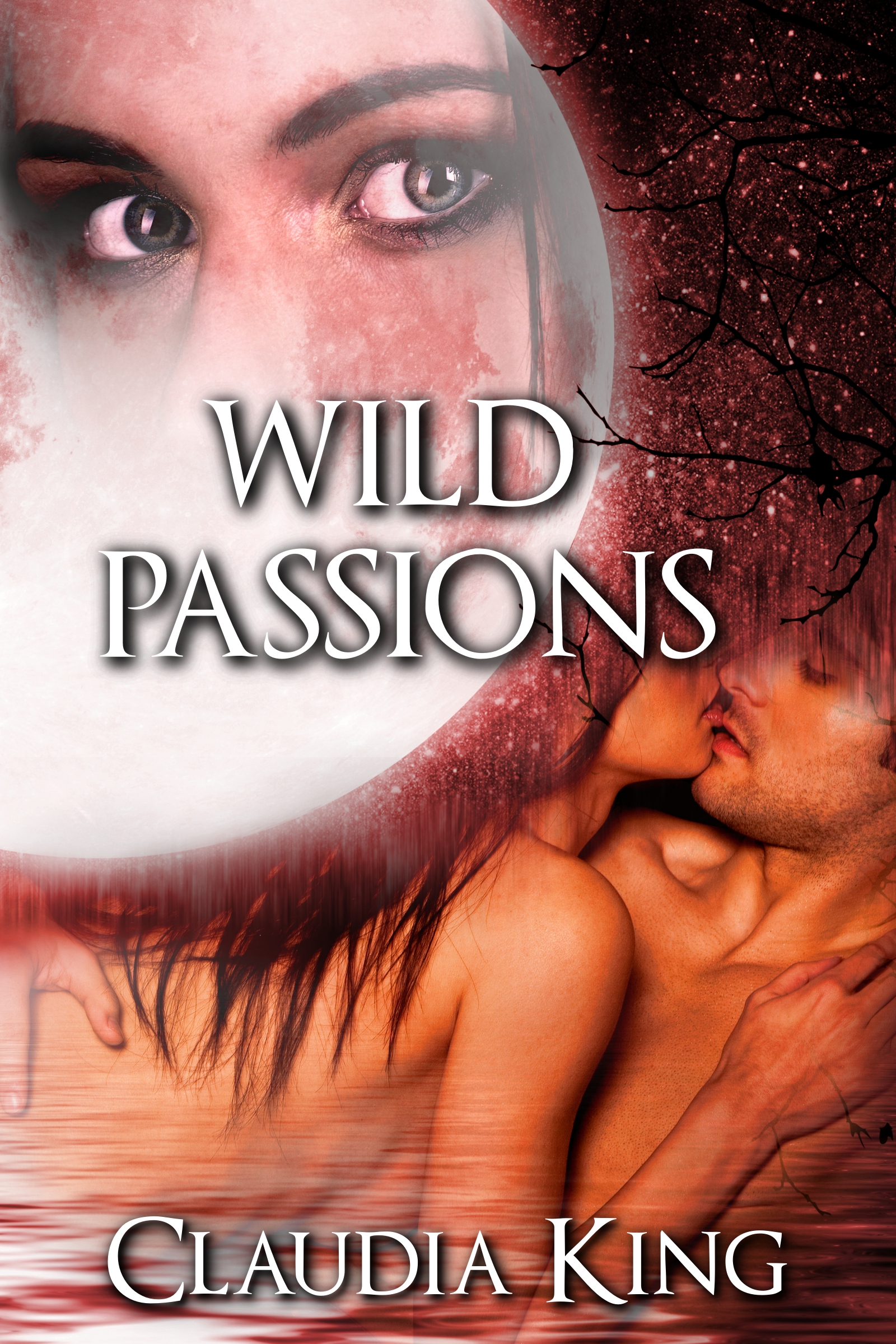Lyssa and Hawthorne are growing closer, but with their dangerous animal instincts boiling beneath the surface, can the pair ever become more than just friends? After enduring a cruel punishment by her alpha, Lyssa is forced to confront her instinct, or give in to it completely.
But Thorne's desires are simmering too. His wolf's needs are becoming harder to fight. Once the beast inside him is awake, it will stop at nothing to have Lyssa—no matter how savagely he has to claim her.
Aside from the new release, I've been thinking about Prose recently, and how I've been getting better at the technical aspects of writing over the past few months. Despite having a degree in Creative Arts, I've gotten literally zero training in the technical side of writing since highschool. And even then, I recall us spending roughly two months on creative writing out of the entire syllabus. So everything that I know (which isn't a lot) about grammar, sentence structure, dialogue etc. has been either self-taught, or more often just what I can pick up on from looking at how it's done in other novels. It's always been an uncomfortable area for me, because without any formal training I've always had a lot of niggling doubts about whether I've been doing this stuff right (I haven't).
Just the other day I finally took it upon myself to look up once and for all what the difference between ending a piece of dialogue with a comma, and with a period is. I'd always just assumed it was to do with pacing, and the "sound" you want a piece of dialogue to evoke when you read it, but upon further investigation I now know that the use of a comma is reliant on the sentence being followed by a dialogue tag (he said, I asked, Janet whispered), whereas a period tends to come when the following text describes an action. More or less: "he said" describes the preceding dialogue (and is therefore part of the same sentence), whereas "He stood up"—while it might coincide with the dialogue—has nothing to do with the character's verbalisation of those words, and therefore gets its own separate sentence.
This is probably basic stuff to anyone that's been educated in the technical side of writing, but it was something new to me! Knowing exactly when and where to put a comma instead of a period when I end dialogue is another step towards becoming comfortable with my prose, which means I can stop worrying about it as much and focus on what really matters; telling the story.
Of course, I'm now painfully aware that all of my older work is riddled with inappropriate commas and periods in dialogue.
But, I suppose, if I didn't notice it as a writer, I'm crossing my fingers that most of my readers can handle it until I get around to the big re-edit of my back catalogue!

No comments:
Post a Comment